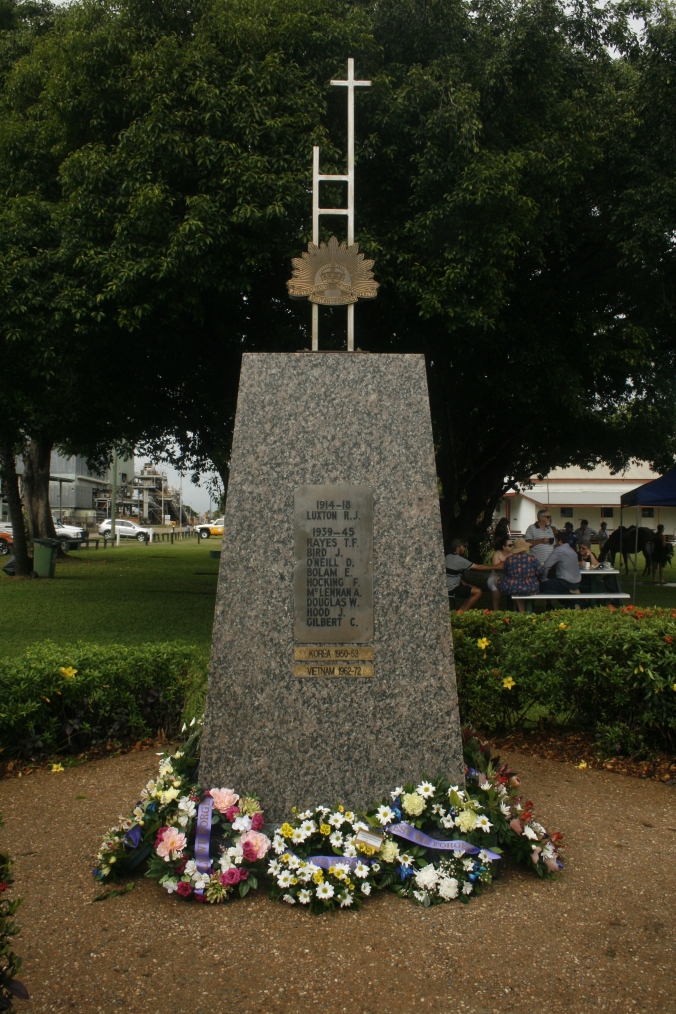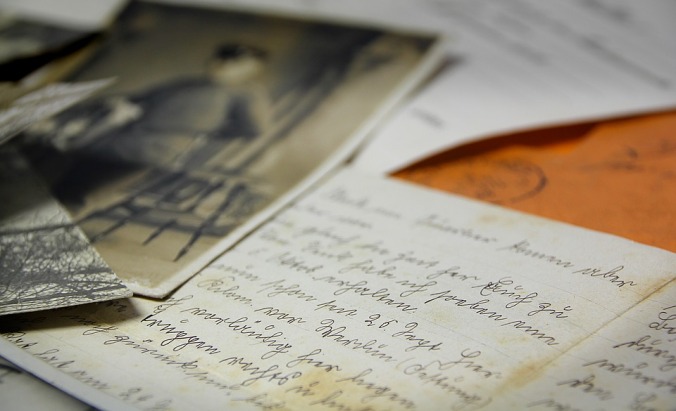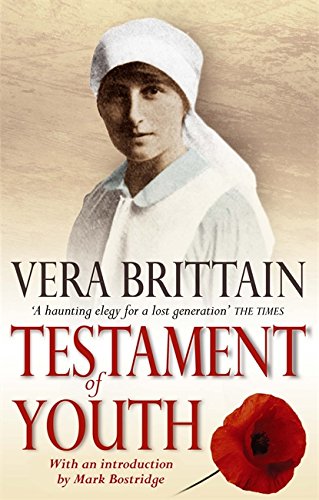This morning I was honoured, once again, to deliver an address at the Anzac Day ceremony in my hometown, Giru, North Queensland. I will share it with you below.

‘AND SOME THERE BE, WHICH HAVE NO MEMORIAL; WHO ARE PERISHED, AS THOUGH THEY HAD NEVER BEEN; AND ARE BECOME AS THOUGH THEY HAVE NEVER BEEN BORN; AND THEIR CHILDREN AFTER THEM.
BUT THESE WERE MERCIFUL MEN, WHOSE RIGHTEOUSNESS HATH NOT BEEN FORGOTTEN. THEIR BODIES ARE BURIED IN PEACE, BUT THEIR NAME LIVETH FOR EVERMORE. THE PEOPLE WILL TELL YOU OF THEIR WISDOM, AND THE CONGREGATION WILL SHEW FORTH THEIR PRAISES.’
MORE THAN 60000 AUSTRALIAN MEN NEVER RETURNED FROM THE GREAT WAR. BARELY A FAMILY OR COMMUNITY WAS LEFT UNTOUCHED. EVERYBODY HAD LOST SOMEBODY, AND NOT NECESSARILY A FAMILY MEMBER. IN MANY CASES, OF COURSE IT WAS A FAMILY MEMBER – SOMETIMES, MORE THAN ONE BROTHER OR COUSINS. IN OTHER CASES, IT WAS YOUR NEIGHBOUR, YOUR KIDS’ SCHOOL TEACHER OR GROCER’S SON WHO WERE KILLED. EVERYONE KNEW SOMEONE WHO HAD LOST SOMEONE. SOMEONE WAS MISSING FROM YOUR TOWN.
THE COUNTRY WAS GRIPPED BY GRIEF, BUT THERE WERE NO GRAVES. THERE WAS NOWHERE TO GRIEVE. MEN WERE BURIED IN FARAWAY LANDS – OFTEN WHERE THEY FELL.
THE FIRST MEMORIALS BEGAN TO APPEAR SHORTLY AFTER THE GALLIPOLI LANDINGS. THERE WERE MEMORIALS TO INDIVIDUALS, WHERE PEOPLE BOUGHT GATES OR A WINDOW IN THEIR CHURCH. IT WAS NOT UNTIL AFTER THE CONCLUSION OF THE WAR, THAT COMMUNITIES SERIOUSLY CONSIDERED MEMORIALS FOR THEIR TOWNS.
THERE ARE 1500 MEMORIALS ACROSS AUSTRALIA, INCLUDING OUR OWN – SO MANY THAT AUSTRALIA HAS BEEN CALLED A “NATION OF SMALL-TOWN MEMORIALS”. THERE WAS NO GOVERNMENT ASSISTANCE. EACH COMMUNITY FUND-RAISED FOR THE BUILDING OF THEIR OWN MEMORIAL.
EACH TOWN’S MEMORIAL REPRESENTED A SURROGATE GRAVE FOR EACH OF THOSE MEN LISTED BELOW THE YEARS 1914 TO 1918. THEIR FAMILIES AND COMMUNITIES WERE DEEPLY SCARRED BY LOSS. PEOPLE NEEDED A PLACE TO VISIT, TO PLACE FLOWERS, TO HELP THEM GRIEVE.
OUR MEMORIALS HAVE NOW BECOME PLACES OF REMEMBRANCE FOR THOSE LOST DURING ALL WARS.
TODAY AS WE ARE GATHERED AROUND OUR OWN CENOTAPH, LET US REMEMBER THE MEN WHO WENT MISSING FROM OUR TOWN AS A RESULT OF BOTH WORLD WARS.
1914 – 1918
ROBERT LUXTON
1939 – 1945
TIMOTHY HAYES
JOHN BIRD
DOLAN O’NEILL
ERNEST BOLAM
FRANCIS HOCKING
FINDLAY MCLENNAN
WILLIAM DOUGLAS
JOHN HOOD
CHARLES GILBERT


LEST WE FORGET.

